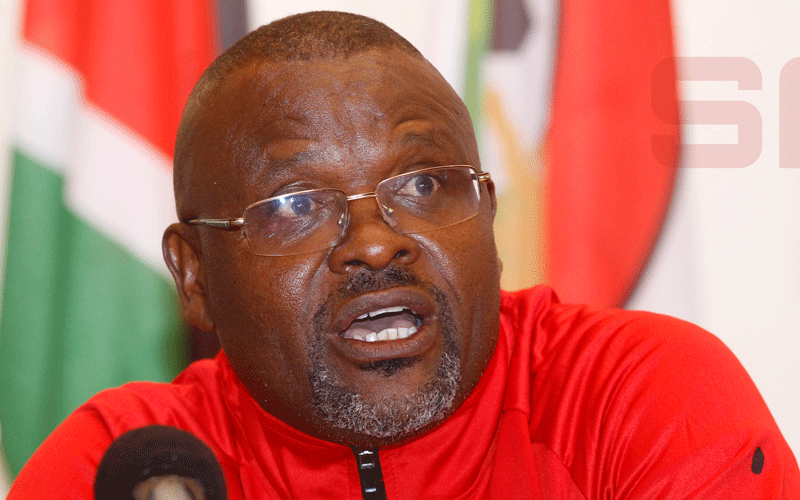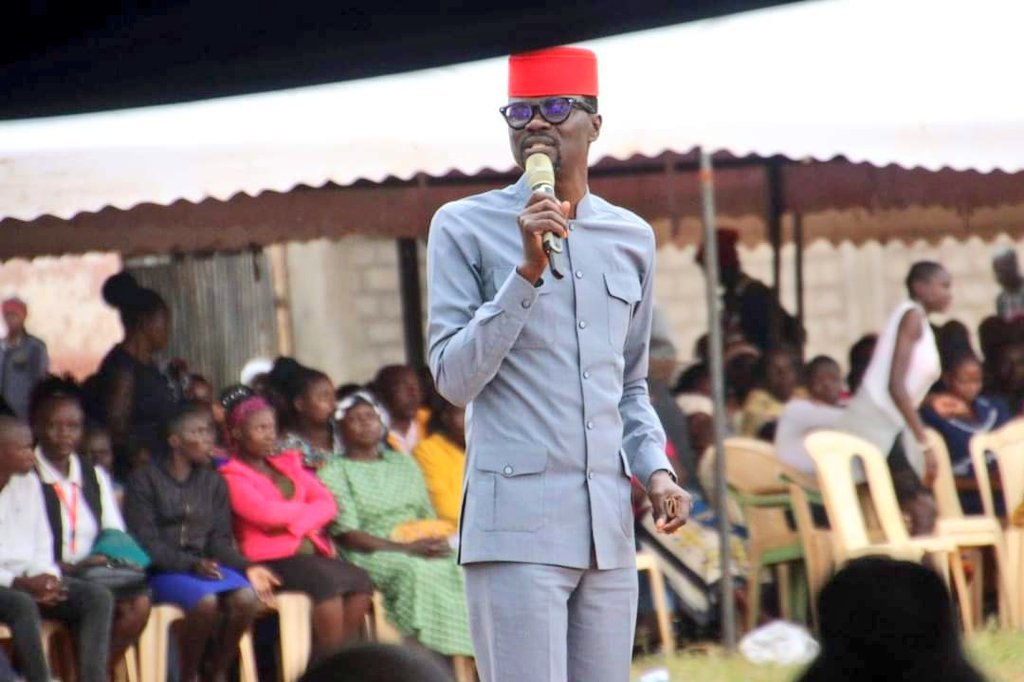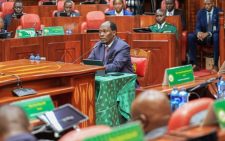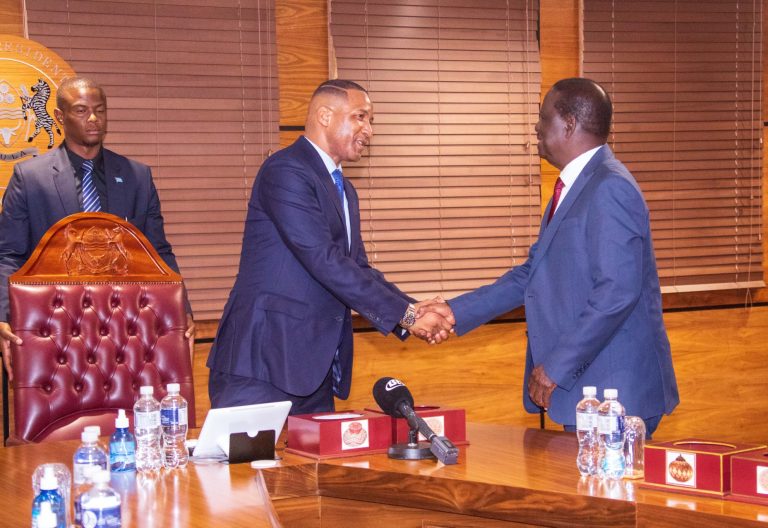Details of skewed Sh490b SGR contract revealed
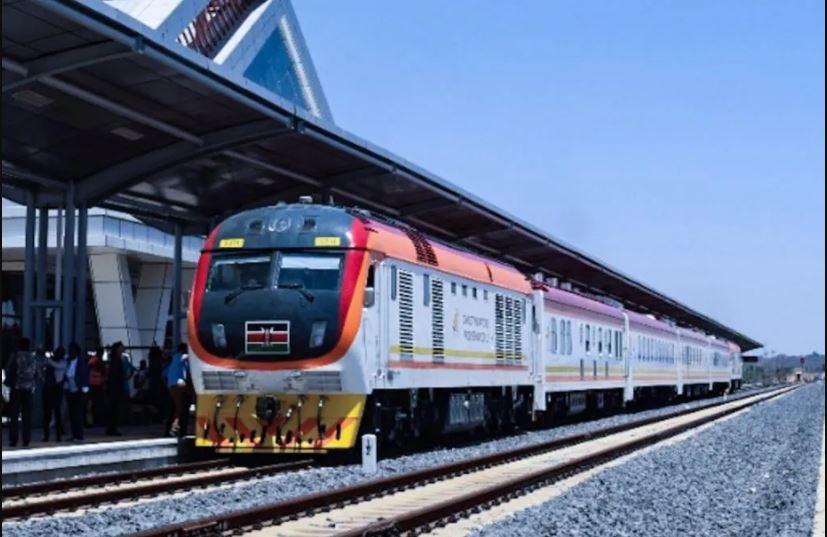
A document believed to be the loan agreement between Kenya and China for funding of the 578km Standard Gauge Railway suggests that Kenya exempted repayments as well as goods procured for the construction work from all taxes.
According to the 60-page document shared with journalists, the contract exerts stringent borrowing and repayment conditions on Kenya and stipulates hefty penalties that the country will bear in the event that it defaults on any instalment or is late in making payments when they fall due.
Kenya borrowed $3.8 billion from the China Export Import (Exim) Bank for construction of the railway line between Mombasa and Nairobi and was to repay the loan in 10 years (indicated in the contract as 120 months). By today’s exchange rate, the value of the loan would be Sh494 billion.
The contract states categorically that in the event of a dispute, the laws of China would apply in determining such a dispute. “The waiver of immunity by the Borrower, the irrevocable submissions of the arbitration of China International Economic and Trade Arbitration Commission and the appointment of the Borrower’s Process Agent are legal, valid, binding and enforceable and any award obtained in arbitration will be, if introduced, evidence for enforcement in any proceedings against the Borrower and its assets in the Republic of Kenya,” the contract believed to have originated from the Roads, Transport and Public Works Ministry states.
In a Twitter post, the Cabinet Secretary in the Ministry, Kipchumba Murkomen, said: “As promised I have released the SGR agreements to the people of Kenya. I have given a copy to the Majority Leaders @Kimaniinchungwah and @Aaroncheruiyot for them to table in the respective Houses of Parliament. I have also shared a copy with the media.”
His tweet lent credence to the authenticity of the document although there was more than one version in circulation, raising questions over which of the two slightly varying documents was the genuine one.
Both documents
One had 60 pages and was marked “confidential” while the other had 20 pages and was not marked as confidential. The title pages of both documents were also missing although each page was countersigned, presumably by a Kenyan and Chinese representative. Although the document was signed in 2014, it took three years for Kenya to complete the SGR project, which was commissioned on May 31, 2017.
Michael Kamau was the CS for Transport and Infrastructure when the contract was signed. He was, however, dropped after he was linked to a corruption scandal and was succeeded by James Macharia in March 2015. Macharia was the Cabinet Secretary when SGR was commissioned.
However, the contract lists Treasury as the borrower, meaning that Henry Rotich was the CS when the deal was inked. Indeed, Rotich signed the contract on Kenya’s behalf while Li Ru-ogu, the chairman and president of China Exim Bank signed on behalf of the lender.
The contract obligates Kenya to inform China in the event that there is any law, decree or regulation materially affecting the Borrower or the Commercial Contract.
Kenya is also under obligation to inform China in case there is an event that prevents or interferes with the performance by Kenya of its obligations to China with respect to the debt.
To be continued tomorrow…



